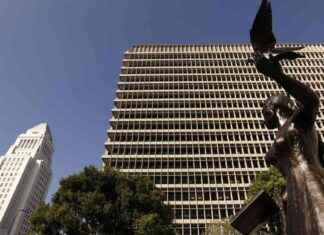just a century, the world witnessed the introduction of the first flying car in history. Glenn Curtiss launched his Autoplane: a pileup of aluminum 12-foot wingspan and four engines of propulsion. Obviously, your creature never flew, although he managed to give a few threats.
Since then, the flying car became a joke recurring between the futurólogos. It was the typical prophecy that never was fulfilled, as the food in pills, or the Champions Atleti. But, now, it seems that the utopia will become a reality: for $ 10,000, you can reserve a Pal-V, with delivery date scheduled for 2020. Meanwhile, Uber is collaborating with NASA in a flying car that, in principle, will debut in Dallas, Dubai and Los Angeles within a couple of years.
And not just that. Also coming up, driverless cars, drones with passengers, and even the ambitious Hyperloop of Elon Musk: a tube vacuum that will join the 600 miles between Los Angeles and San Francisco in 30 minutes.
But the real revolution of urban transport has just turned 200 years old, has two wheels, it moves to pedals, and, probably, learned to manage it before parvulitos. Yes, it is the bicycle, whose rebirth demonstrates a common occurrence in innovation: the rupture does not usually come for an invention radically new, but the tuneo of a tool of proven efficacy.
In particular, we talked about the bike sharing. Just a decade ago, no one would have believed that a service such as BiciMad, in a city as congested and full of slopes, would accumulate 3.3 million uses per year. Or that the 99 % of the population of Barcelona would be a cycling network within 150 meters of your home. But it has happened. And it is unstoppable.
we are Still in the infancy of the revolution. The future are the bike share without a station of return, since the technology will be embedded in the device itself. “When cyclists end up, just parked, put the insurance and go away, while the bike just waiting for the next user”, reveals the latest issue of Wired magazine.
of course, we continue to invest in flying cars. No one to take to Elon Musk, the dream of his tunnel-futuristic. But in a world ultraurbanizado and accelerating climate change, the bike, maybe with a small electric motor, is the winning bet: it relieves the pressure on the public transport, reduced carbon emissions, and -oh, miracle!- to save a pulp in gyms.
Since it writes Clive Thompson, the guru of new technologies: “At times, there is no need to reinvent the wheel”.






